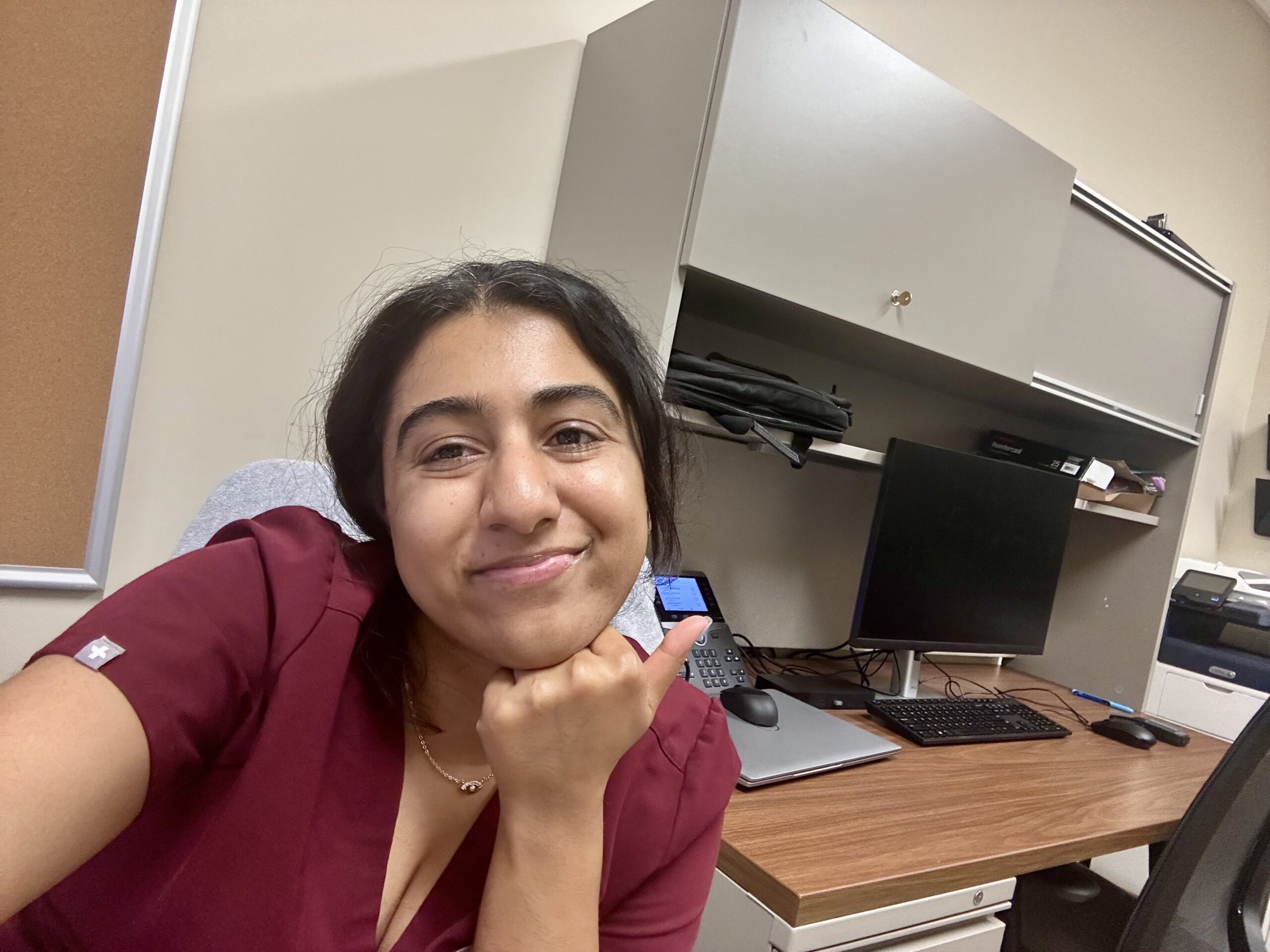Over the past few years, I’ve learned a lot about professionalism, setting boundaries, and navigating the work world. One of the biggest takeaways is that, at the end of the day, you’re the only one who truly has your back at work. It’s a tough realization that no one else might be as invested in your success as you are. I’ve seen colleagues who gave their all but still faced tough outcomes, and others who sacrificed personal time—skipping lunches or ignoring family calls—to keep up with work. These experiences have highlighted the importance of balancing hard work with self-care and setting clear boundaries.
Here are the work boundaries I stick to:
Work is Work—Leave It at Work: Log off and delete your work email from your phone. Set your phone to Do Not Disturb and resist the urge to check or respond to anything work-related after hours. You’re not paid to work outside your scheduled time.
Share to an Extent: I only share what I’m comfortable with everyone in our department and beyond knowing. Not everything about your personal life needs to be shared at work. Your colleagues are just that—colleagues. They’re not your best friends, family, or spouse. Keeping certain aspects of your personal life private helps maintain professionalism and protects your personal space.
Saying No as Needed: Getting good at saying no is essential for managing your workload and priorities. My approach is to assess each situation to see if it fits within our scope, responsibility, and available time. For example, on days when you have too many consults and not enough time, it’s crucial to say no and explain why. For instance, “I won’t be able to see this patient today due to [reason].”
Getting to Work on Time and Leaving on Time: Respect your work hours. Being punctual helps create a clear separation between work and personal time. Of course, there will be days when staying late is necessary to finish up tasks or handle situations, but it becomes a problem when staying late turns into a habit.
Taking a Full Lunch Break: Take a full lunch break every day, without guilt. It’s your time to recharge and is essential for maintaining productivity and well-being.
These are boundaries I have set to prevent myself from burnout and maintain a healthy work-life balance. What are yours?
